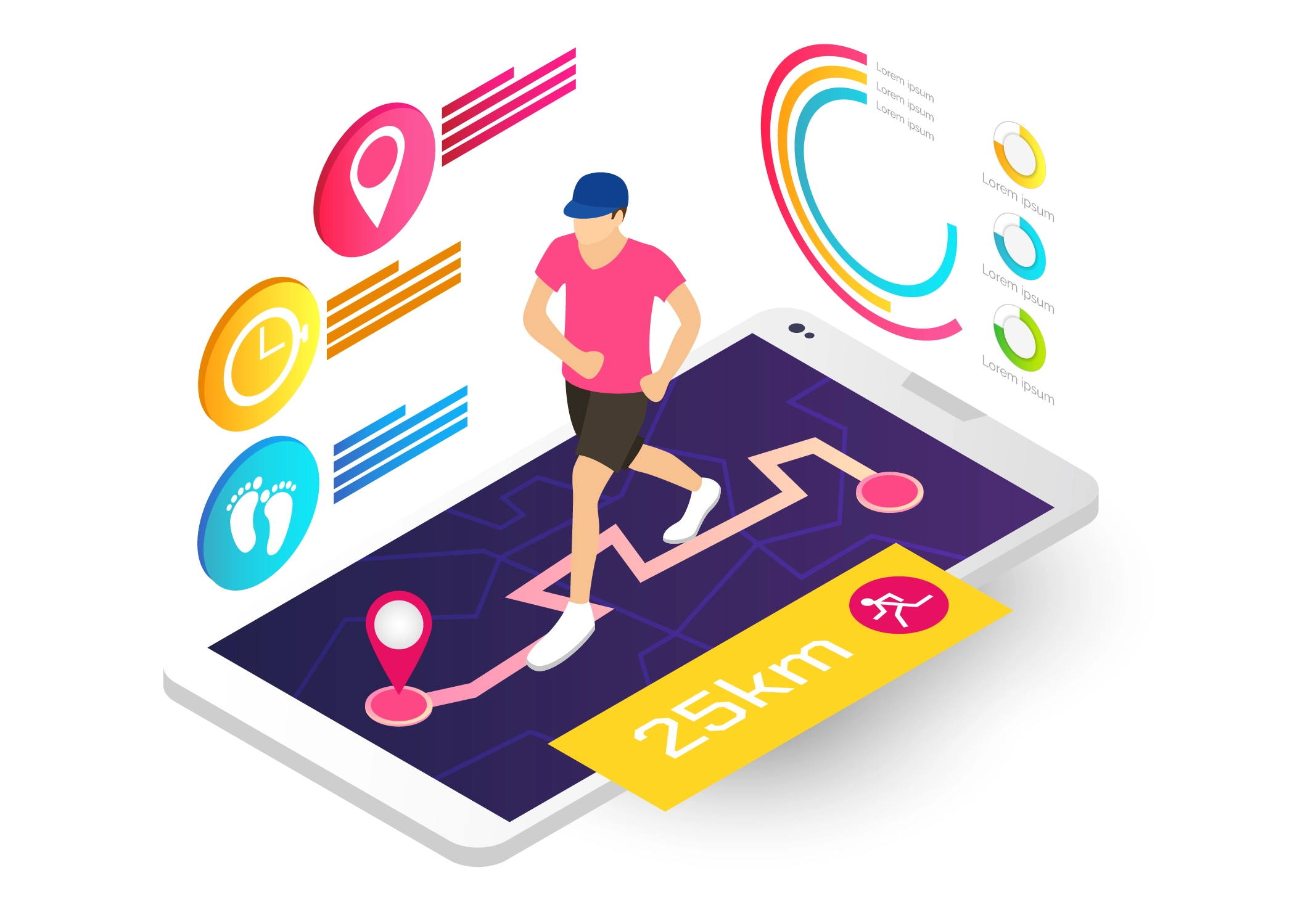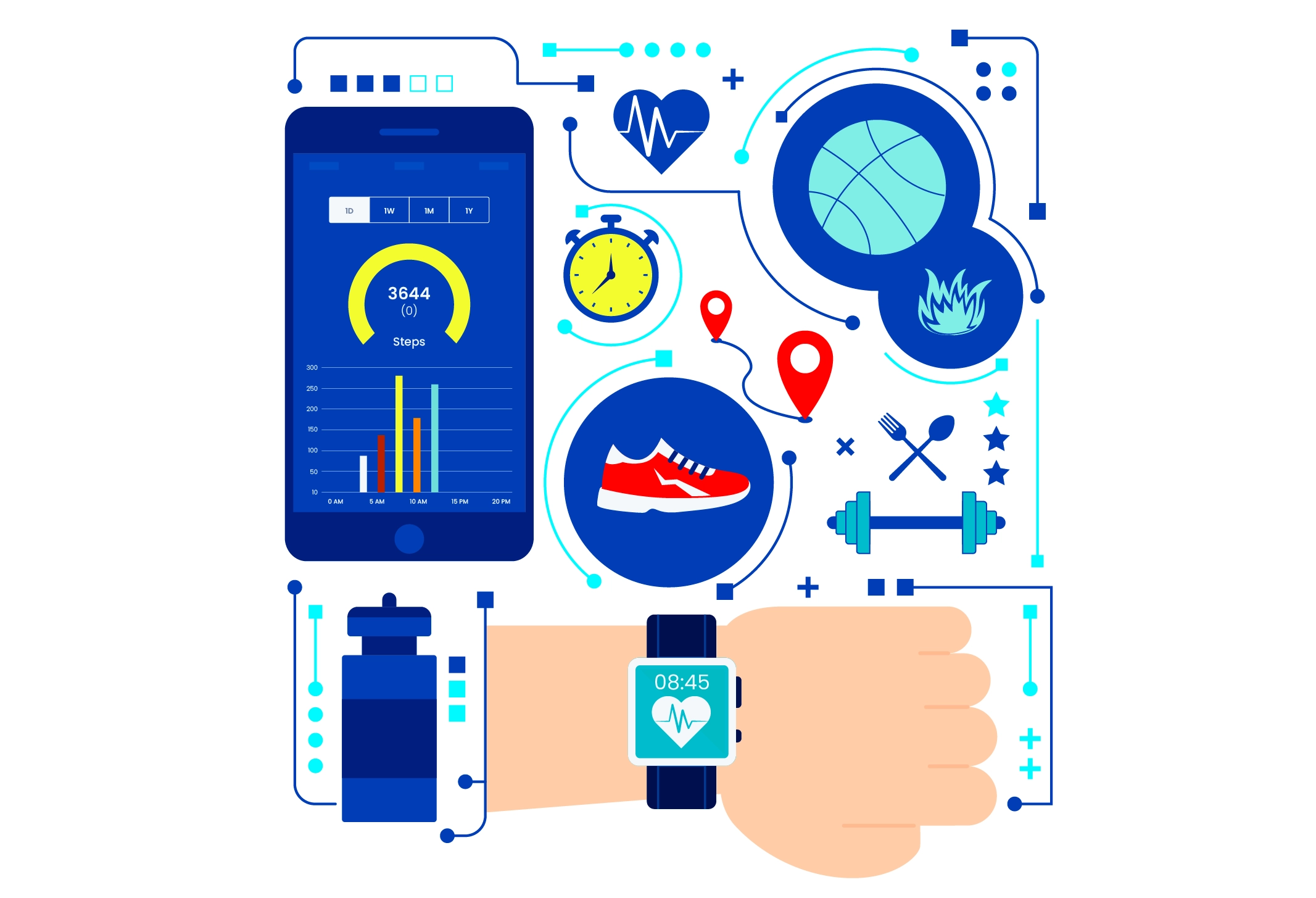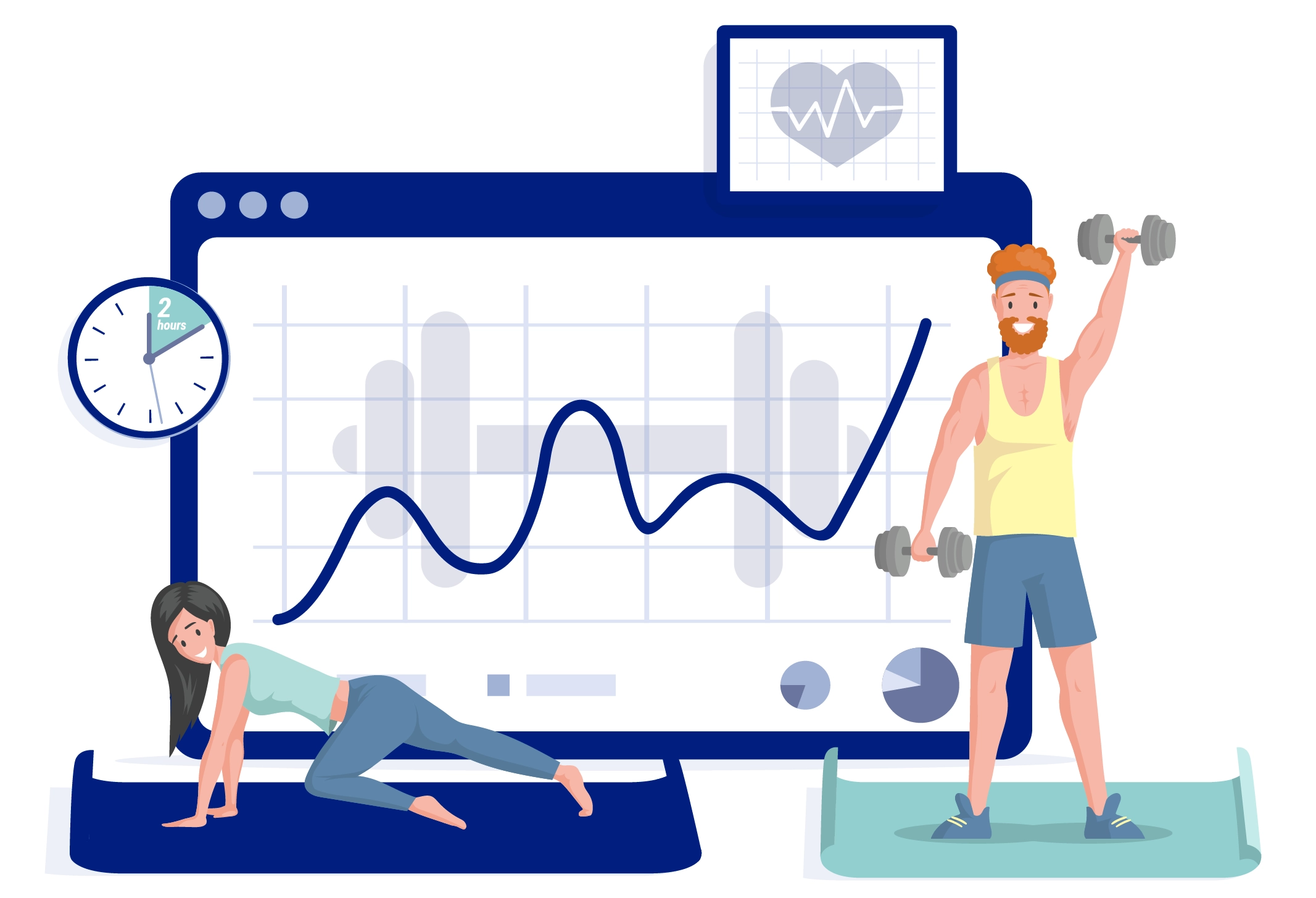The Power of Sports Analytics: Transforming the Game with Data Science
In the sports sector, sports analytics has become a game-changer by providing a novel method for comprehending and improving athletic performance. Teams, coaches, and analysts are now armed with strong tools to make wise judgments, maximize tactics, and obtain a competitive edge due to the increasing importance of data-driven insights. This book explores the revolutionary potential of sports analytics and emphasizes how important it is to change how sports are played, run, and enjoyed.

With its structure and methodology for analyzing the massive volumes of data created in sports, data science is at the core of this revolution. Data science in sports analytics uses machine learning, predictive modeling, and data visualization to find patterns, trends, and useful insights in a variety of inputs, from biometric data and social media interactions to player statistics and game videos. These findings have the potential to drastically alter the sports business by being useful for performance analysis, injury prevention, game strategy, and fan engagement.
The blog will cover the difficulties and moral dilemmas surrounding sports analytics and offer predictions for this emerging subject. This guide tries to shed light on the potential of sports analytics and encourage further research and implementation of data-driven strategies in the sports industry, regardless of the reader’s interest level or status as a sports professional or data enthusiast.
Data Science in Sports: Performance, Strategy, and Engagement
Sports performance analysis and player development have been transformed by data science. Wearable technology and sophisticated measurements are now used by coaches and analysts to monitor and evaluate every facet of an athlete’s performance. Data science offers a thorough grasp of player capabilities and opportunities for growth, from monitoring player motions and physical effort to evaluating technique and skill execution. Athletes can have customized training regimens that optimize their potential due to machine learning algorithms that can recognize trends and forecast future performance.

Injury management and prevention is one of the most important uses of data science in sports. Through the examination of past injury, biomechanics, and workload data, data scientists may create prediction models that pinpoint athletes who are susceptible to ailments. Proactive action, such as altering training loads or approaches to avoid injuries, is made possible by these findings. Real-time player monitoring during practices and games also aids in the early identification of any injuries, facilitating prompt medical attention and shortening recovery times.
In today’s sports, data-driven decision-making and game strategy are crucial elements. Teams and coaches use data analytics to create game strategies, place players optimally, and make split-second judgments during games. Teams might gain a strategic edge by using predictive models to discover flaws and evaluate opponent trends. For instance, in baseball, the best lineups and pitching rotations are determined using statistics on pitcher and hitter performance. Similar to this, in basketball, offensive and defensive tactics are determined by player efficiency ratings and shot charts.
Data science and sports are essential for improving marketing tactics and fan interaction. Data analytics is used by sports companies to comprehend the behavior, preferences, and engagement patterns of their fans. To build tailored marketing campaigns and enhance fan experiences, social media analytics, ticket sales statistics, and demographic data are examined. Teams may improve total brand value, maximize ticket pricing, and enhance fan loyalty by utilizing analytics.
Challenges and Ethical Dilemmas in Sports Analytics
Numerous obstacles might prevent sports analytics from being widely used and from being successful. The integration of many data sources is one of the main obstacles. Sports data can originate from many sources, such as video recordings, wearable technology, and conventional statistics. Strong data management systems and complex algorithms are needed to guarantee that this data is appropriately integrated and synced for analysis.
The accuracy and consistency of the data present a serious additional difficulty. Incomplete or inaccurate data might produce false insights that influence strategy and decision-making. Additionally, for smaller sports organizations with limited funding, the high expense of sophisticated analytics tools and the requirement for specific expertise may be obstacles.

Sports analytics raises serious ethical issues, especially when it comes to athlete permission and data privacy. Concerns over data usage and access are brought up by the gathering and examination of personal data, including biometric data and performance metrics. Players could be reluctant to divulge private information for fear of it being misused or having a detrimental impact on their careers.
It is imperative to guarantee that player consent is obtained explicitly for data collection and that privacy is preserved. Concerns exist regarding data ownership as well as the possibility of third parties using athletes’ data for financial advantage. To preserve the integrity of the sport, ethical data usage also includes making sure analytics don’t unintentionally lead to prejudices or unfair advantages.
Various tactics can be utilized to surmount the obstacles and guarantee moral conduct in the field of sports analytics. First and foremost, strong data governance mechanisms must be established. This includes establishing precise guidelines for the gathering, storing, and use of data as well as making sure that any data protection laws are followed. It is also essential to have advanced data security measures in place to shield private data from breaches.
Second, it is imperative to cultivate a culture of consent and openness. Gamers should be able to opt-in or opt out of data-collecting programs and be fully informed about how their data will be utilized. This may be further supported by educating and training athletes and staff on data privacy and ethical aspects. Furthermore, working with impartial ethical review boards helps guarantee that data analytics procedures uphold moral principles and safeguard participants’ rights and interests.
Trends and Innovations in Sports Analytics
Sports analytics is a dynamic field that is always changing due to new trends and technology that have the potential to completely transform the sector. The merging of machine learning (ML) with artificial intelligence (AI) is one of the biggest developments. These technologies make it possible to analyze enormous volumes of data at previously unheard-of speeds and precision, revealing patterns and insights.
Teams and organizations may gain a competitive edge by using AI-powered predictive analytics to estimate player performance, injury risks, and even game results. Furthermore, data-collecting techniques have changed as a result of the emergence of wearable technology and IoT (Internet of Things) devices. These gadgets track an athlete’s biometric data in real-time, providing in-depth information about their performance and physical state.
Sports analytics has the potential to make significant advances beyond improving performance and preventing injuries. Particularly in training and fan interaction, virtual reality (VR) and augmented reality (AR) are set to have a big influence. Players may practice and sharpen their decision-making abilities by immersing themselves in virtual reality simulations of game settings. By offering real-time statistics and interactive elements during live games, augmented reality may improve the viewing experience for spectators.
Additionally, blockchain technology is beginning to be used as a tool to guarantee data openness and integrity, particularly in relation to player contracts and performance bonuses. Furthermore, when sophisticated advanced data visualization tools become available, analytics may be presented in a more impactful and accessible way, which can help with strategy development and stakeholder communication.
There are a ton of prospects for growth and development in the subject of sports analytics in the future, especially in sports data science. Data scientists with a background in sports analytics are in more demand as data becomes increasingly crucial to decision-making processes. Specialized courses and certifications are being offered by educational institutions and online platforms, readying the upcoming generation of data scientists to take on the particular issues faced by the sector.
The partnership between digital firms and sports leagues is stimulating creativity and resulting in the creation of new instruments and platforms that are specifically designed to meet the requirements of the sports sector.
The Future of Sports: The Potency of Data Science with Pattem Digital
The sports sector has transformed due to the data science of sports analytics, which has improved performance, strategy, and fan involvement while providing revolutionary insights. By giving teams, coaches, and organizations the tools to make better decisions and remain ahead of the competition, sports analytics research and application promise to further advance the sector.
Sports analytics has a huge chance to influence the business going forward. The possibilities are unlimited with the development of technology and the increasing recognition of data-driven initiatives. Selecting a collaborator such as Pattem Digital can have a significant impact. Our dedication to innovation and proficiency in sports analytics guarantee that you can fully use data science services to propel performance and preserve a competitive advantage. Discover how sports will evolve in the future with Pattem Digital and discover how data science can improve your performance.





